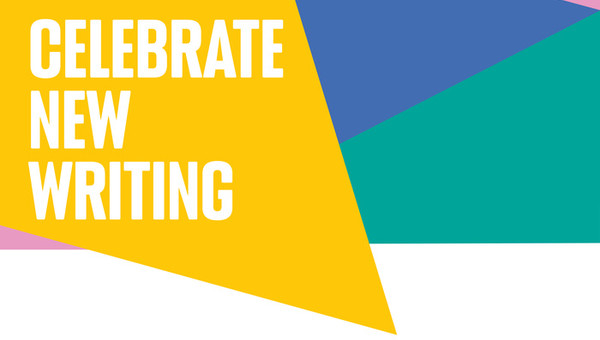
Edinburgh Tradfest: Two for Joy
Mon 1 May, 8:15pm
Choose dates & BookAbout
This year’s special commission is by award-winning harpist and composer Ailie Robertson.
Two for Joy celebrates of the influence of birds and birdsong on our Scottish folklore and traditional music. Featuring songs, tunes and folklore inspired by birds, this concert will explore topics of ecology, migration, habitats and our own connection to the natural world.
Anthropologist Andrew Whitehouse suggests that birds are not just integral to a ‘sense of place’ but to a sense of being. The presence of birds entangles with people’s lives and worlds and the ecological rhythms within it. Listening to birdsong helps improve mental health; Scientists discovered that, of all natural sounds, bird calls were those most often cited as helping people recover from stress.
When it comes to the environment, the birds help us mark the coming and going of seasons, the times of the day and even the weather. The red-throated diver – or ‘rain goose’ – was the original barometer for Shetland:
When the rain goose gings tae tha hill Let aa man put doon his boats an fill When da rain goose gings tae da sea Lat aa man pull up his boats an flee
Birds and their songs have inspired art, music, myth and folklore the world over. Among the earliest surviving pieces of music from the British Isles is the 13th century melody Sumer is icumen in, in which the song of the Cuckoo is emulated, 'cuccu cuccu, wel singes thu cuccu'. Birds feature frequently as motifs in folksong, often symbolic of romantic dalliances, or as messengers. Bird speech often appears in stories at a crucial moment, and bird calls can be heard in music and song.
The richness of the influence of birds on Scottish folklore is reflected in the many recordings found on Tobar an Dualchais.The song Oran Bràigh Rùsgaich, composed in the 19th century, describes in beautiful detail the sound of birds, in particular the cuckoo. In Pilliù Pillill, recorded in 1965, Barra’s Calum Johnston sings a keening song, imitating the mournful call of the redshank. Wax cylinder recordings from the 1950’s show Annie Johnston from Barra imitating the speech of birds, or Cànan nan Eun in song and rhyme. More recently, songwriters such as Karine Polwart, Julie Fowlis and Hazel Askew have written music inspired by birds.
The presence of the birds – and their absence – is also an insight into the health of our world. In our time of ecological crises, there are far fewer birds than there used to be. Changing climate and shifting weather patterns have already affected a third of bird species in the UK. This loss affects us all in ways we might not even imagine.
This unique night of music celebrates Scottish birdlife through song, old and new tunes, stories and folklore, encouraging people to re-connect with the natural world of music around them.
“Gum bi sinn èisteachd cho dlùth is gu bheil comas againn a-rithist cànan nan eun a thuigsinn.” (May we have the ability to listen so closely that we can again understand the language of the birds.)
Joining Ailie for this special performance are:
Neil Sutcliffe (accordion. vocals and storytelling), Alice Allen (cello), Alastair Savage (fiddle), Josie Duncan (vocals), Heather Cartwright (guitar)
With special guests: The EYG Band
The Traverse Theatre is funded by Creative Scotland and The City of Edinburgh Council, and has received additional support from the Scottish Government's Performing Arts Venues Relief Fund and Creative Scotland’s Recovery Fund for Cultural Organisations.
If you have access requirements, please contact our Sales and Welcome Team on boxoffice@traverse.co.uk or 0131 228 1404 so we can arrange reserved seating for you and discuss how else we can best support your visit.

Donate today!
Help us offer you more exciting work, by making a donation to Traverse Theatre today!